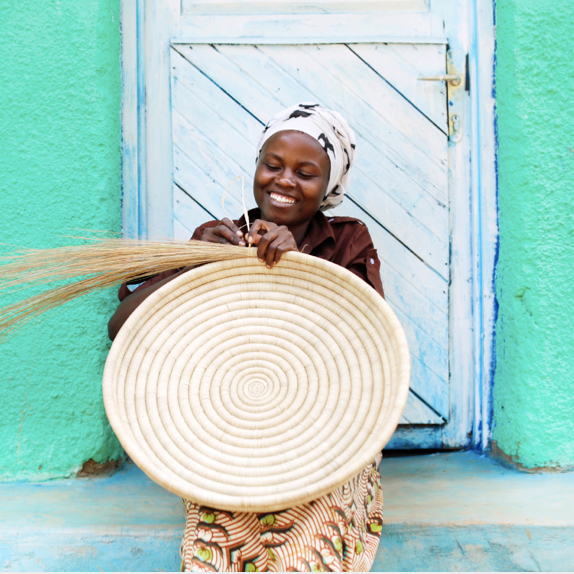Today marks 26 years since the Genocide against the Tutsi in Rwanda. We commemorate those whose lives were brutally disrupted by the Rwandan genocide and who continue to endure the effects of those tragic events today. On this day of remembrance, we also want to recognize the incredible progress that Rwanda has made over the past two decades.
Before the genocide, women in Rwanda did not have equal rights as men—they could not inherit land, open a bank account, or work outside the home without their husband’s permission. When the genocide ended, Rwanda was 70% female—women were left to rebuild their country.
Today, 61% of the Rwandan Parliament is female, making it the highest ranked country for representation of women in the world. Young girls are able to receive an education and fill roles previously dominated by men.
With 70% of Rwanda’s population today considered youth, they will be the ones to carry the torch of continued hope and positive change for the country’s future. However, young women feel the sting of unemployment more sharply than young men. The African Development Bank found that in most countries in sub-Saharan Africa, it is easier for men to get jobs than it is for women — even if they have equivalent skills and experience.

At Indego Africa, we believe women and youth have the capacity, creativity, and determination to achieve economic independence. All they need are the resources.
Indego’s Vocational & Business Training program places explicit focus on helping unemployed young women in rural parts of Rwanda enter the artisan workforce and achieve sustainable economic independence.
As instructors and mentors, our experienced artisan partners train young people in traditional craft techniques. Indego provides these women with the business education they need to manage their own enterprises, keep track of their finances, and put savings and growth plans into action.
We ensure our graduates are equipped not only with the skills of their trade and the tools they need to run their own business, but also the confidence and knowledge they need to create positive outcomes in their communities.
Since the program’s launch, our young artisan partners have gone on to start seven new cooperative businesses, each an integrated member of Indego’s global supply chain. By creating opportunities for young artisans in Rwanda to pursue livelihoods that elevate them as business and community leaders, Indego is directly supporting women’s economic empowerment.

Indego’s Young Leaders Academy also provides youth from six different Indego Africa cooperatives, the learning tools to enhance the productivity of their businesses and spearhead change in their communities through advanced entrepreneurship education and intensive technology training. This program is designed to build the next generation of powerful leaders and businesswomen in Rwanda.
When they graduate, these young women will take on managerial positions at their artisan businesses, leadership roles in their communities, and new business ventures across Rwanda.
Since YLA’s launch in 2017, 82% of graduates have been elected to new positions at their cooperatives, including President, Vice President, and Secretary. Many of them have also grown the membership of their cooperatives by hiring and training young women in their local communities.
By training more young people to enter the craft sector and providing them with the education they need to become successful entrepreneurs, we are building a pipeline of artisans and supporting generations of sustainable, women-run businesses.
Hand-in-hand, our experienced artisan partners and the new generation of artisans are creating opportunities for women in their communities and helping move Rwanda forward.



